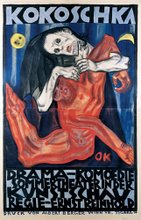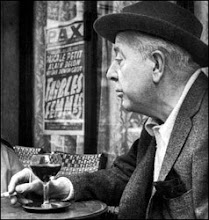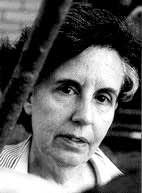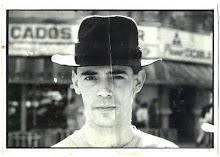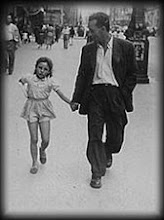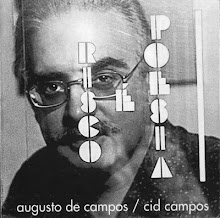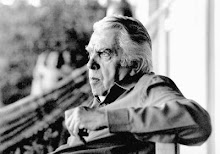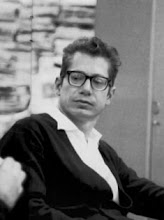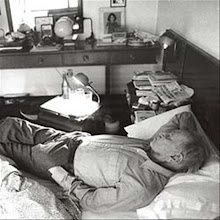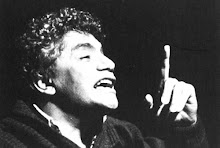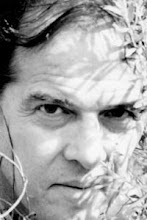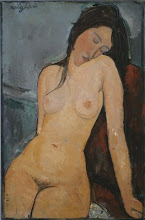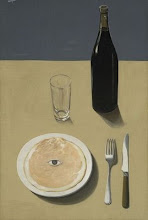For some time Amedeo had tended to reduce his participation in active life to the minimum. Not that he didn't like action: on the contrary, love of action nourished his whole character, all his tastes; and yet, from one year to the next, the yearning to be someone who did things declined, declined, until he wondered if he had ever really harbored that yearning. His interest in action survived, however, in his pleasure in reading; his passion was always the narration of events, the stories, the tangle of human situations — nineteenth-century novels especially, but also memoirs and biographies, and so on down to thrillers and science fiction, which he didn't disdain but which gave him less satisfaction because they were short. Amedeo loved thick tomes, and in tackling them he felt the physical pleasure of undertaking a great task. Weighing them in his hand, thick, closely printed, squat, he would consider with some apprehension the number of pages, the length of the chapters, then venture into them, a bit reluctant at the beginning, without any desire to perform the initial chore of remembering the names, catching the drift of the story; then he would entrust himself to it, running along the lines, crossing the grid of the uniform page, and beyond the leaden print the flame and fire of battle appeared, the cannonball that, whistling through the sky, fell at the feet of Prince Andrei, and the shop filled with engravings and statues where Frederic Moreau, his heart in his mouth, was to meet the Arnoux family. Beyond the surface of the page you entered a world where life was more alive than here on this side: like the surface of the water that separates us from that blue-and-green world, rifts as far as the eye can see, expanses of fine, ribbed sand, creatures half animal and half vegetable.
Italo Calvino
1923 - 1985


![[...]](https://blogger.googleusercontent.com/img/b/R29vZ2xl/AVvXsEjeNC2Kyxd34r2LuofHe9-vdXHeHwG3_2NhVmIOTlK2moU0Q4R7taMlS8iMmQgEl1-NdaRsPrLdREzfQZYKfUgjslwLZUZe67dAfFBREu-YRx6WGX-vAUt5eJT4_-lFwT4dGzGCQQ/s220/11798115_858304687558226_1857652538_n.jpg)
